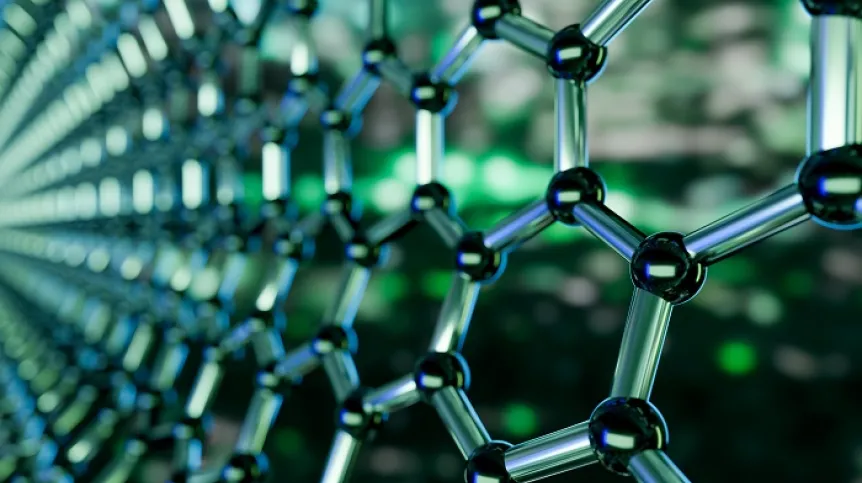
Scientists from the University of Gdańsk have published a meta-analysis of research on the effect of nanoparticles on the cells of various organisms in the prestigious journal Nature Nanotechnology.
Their discoveries include previously unknown long-term cell responses to these types of particles.
Nanomaterials and nanoparticles are conquering the industry, and through it also nature and the human environment. Scientists are only now learning about how they affect living organisms, including humans.
Researchers from the university’s Faculty together with colleagues from an international team, conducted an analysis of available scientific research on the impact of nanoparticles on gene activity in cells of various species.
As they assure, the model they have developed is based on the largest yet dataset on genetics, nanoparticles and toxicology.
Researchers point out that while currently the main source of nanoparticles is industry, they do occur in nature and living organisms have been exposed to various particles of such small sizes throughout the course of evolution.
This should mean that ancient mechanisms for dealing with such particles should be common across species. The results of the analysis indicate that this is the case.
'In conclusion, this study suggests that a wide range of biological systems respond to ENMs through a set of commonly regulated genes,’ the researchers wrote.
The discovery may have important practical applications. According to the researchers, the mechanism they have observed can help in the development of new, more efficient safety tests for various types of nanoparticles. This is the key to the safe introduction of nanotechnology products.
Find out more in the source article.
Marek Matacz
tr. RL













